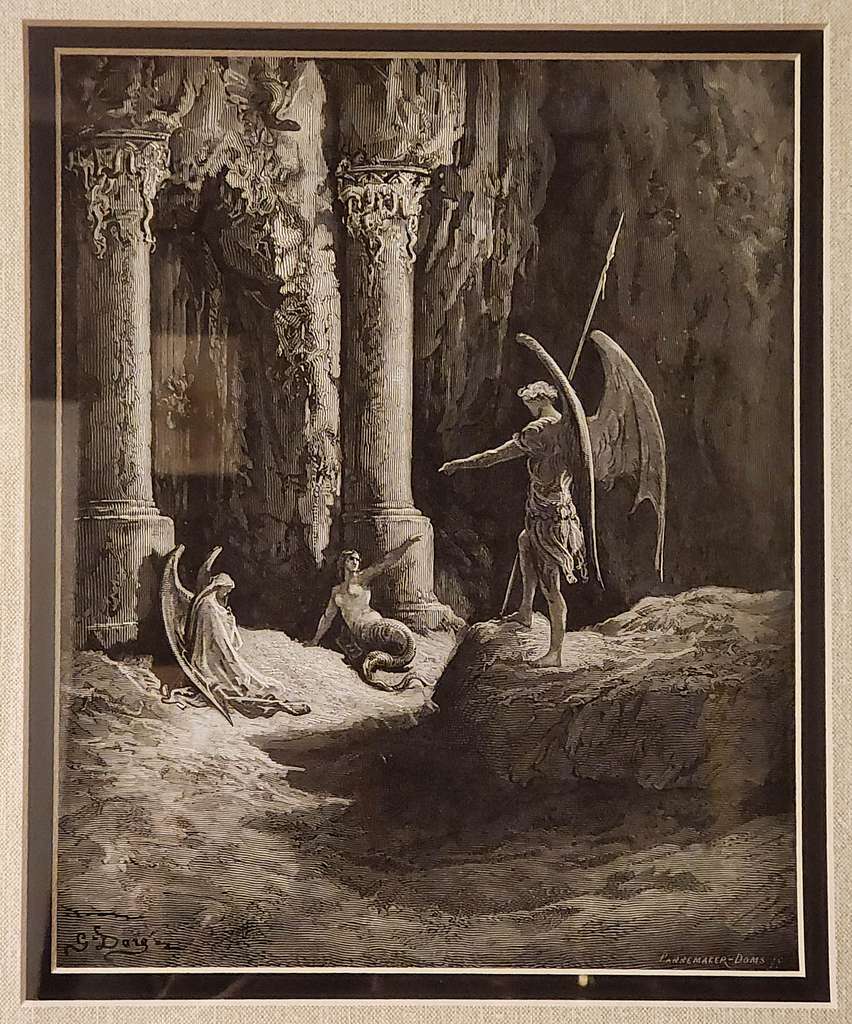DEATH'S
(Necromantic)

DEATH'S
(Necromantic)

|
|
|
|
|
|
|
|
|
|
|
|
|
|
|
|
|
|
Effect: When a cleric
employs this spell,
he or she touches a human
or demi-human who is unconscious and "at death's door" (-1 to -9
hit points).
The spell immediately brings
the individual to 0 hit points.
While the individual remains
unconscious, bleeding and deterioration are stopped for the duration of
the death's door spell.
The subject, because of
being treated by the spell and now being at 0 hit points,
can be brought to consciousness,
and have hit points restored, by means such as cure
light wounds, [cure serious wounds], etc.,
potions such as [healing]
or [extra-healing],
or clerical or other items
which magically restore lost hit points.
MC: The material components
of the spell are the cleric's holy/unholy symbol, a bit of white
linen, and any form of unguent.
Shukenja: The shukenja
using this spell can raise an unconscious human or demi-human from between
-1 to -9 to 0 hit points, stopping bleeding
and deterioration,
and have consciousness restored
by means of further curative magics.
Shukenja.MC: The shukenja's
holy symbol, a scrap of white silk, and any
form of unguent.
A: Death’s door doesn?t
revive characters; it
maintains characters at
zero hit points
until the spell wears off
or until the character
is revived with a cure wounds
spell.
Characters revived in this
manner can
resume activity immediately.
(153.7)
Handy Haversack wrote:
TheDungeonDelver wrote:
Col:
Was the original intention of death's door to negate
the 1-week required recovery time for sub-0 HP wounded characters,
or just to make them ambulatory (once other healing was
applied) so they could make it out of the dungeon?
Warning: Legitimate D&D question.

Blast!
I missed that in the original, Sorry, DungeonDelver ![]()
The original purpose of the Death's Door spell was to enable the battered PC to be ambulatory and escape from the dungeon or other dire locale in which he was brought low.
Cheers,
Gary